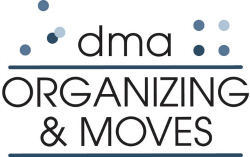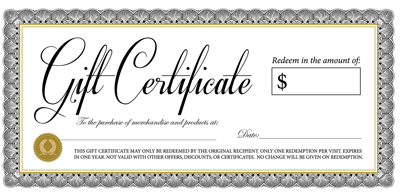Lessons from Hoarding Expert Matt Paxton
Collecting vs. Hoarding
We recently attended a workshop by Matt Paxton of TV shows “Hoarders” and “Legacy List with Matt Paxton” (PBS.) Matt is also the author of Keep the Memories, Lose the Stuff. We learned a lot, here are just some of our key take-aways:
Typically, “collecting” is an activity you can share with others. There is pride in your collection and you enjoy showing it to others. “Hoarding” is a very private activity, often accompanied with deep shame. Hoarding interferes with self-worth, happiness and everyday life.
Hoarding behavior is exactly that – it is a behavior, not a character trait. This is why, when talking about it, we try to always say “people who hoard” instead of “hoarders”.
Myths of Hoarding
MYTH: People who hoard are old
REALITY: Hoarding occurs at all ages, income levels, genders.
MYTH: People who hoard are anti-social and selfish
REALITY: Often they have an inflated sense of responsibility around things they hoard. They have a deep desire to help others with their things but get stuck intending to find the right home, the ideal recipient or the perfect repair.
MYTH: People who hoard are lazy
REALITY: Hoarding behavior is almost always precipitated by a traumatic event. It is classified as an actual mental disorder – which means it is treatable with the right kind of professional support. It is an illness to be met with compassion.
MYTH: People who hoard think no one knows or can tell
REALITY: People who hoard are extremely good at evasion and secrecy around their behavior because there is so much shame and guilt. Clutter blindness sets in and they stop seeing the full extent of their situation and they isolate.
If you know someone who might need help, there are people who specialize in working with this community. Because hoarding is a deeply rooted mental disorder, you won’t see lasting behavior change unless someone is working with a therapist. The process is two-fold. Clearing out needs to be accompanied by psychological support. Merely giving your loved one’s possessions the heave-ho in an effort to help them will just lead to frustration…and possibly trauma to the person.
Useful Links:
NAPO – National Association of Productivity and Organizing Professionals – search for a hoarding specialist in your area.
Matt Paxton’s Resource Page – lists places to donate, sell or dispose of a variety of items in addition to cleaning tips.
The ICD® Clutter–Hoarding Scale® – created by the Institute for Challenging Disorganization. This scale delineates the categories and levels of hoarding.


